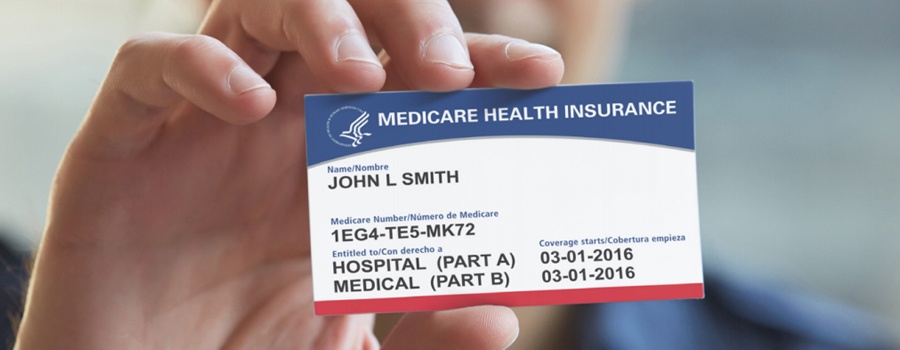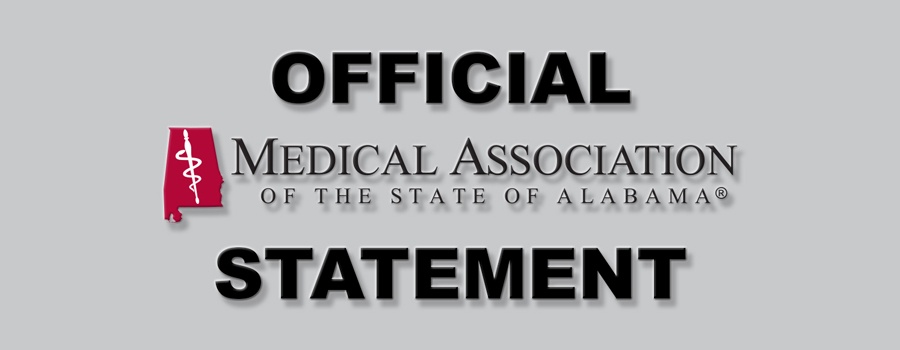Tag: Medicaid
-

Brookwood Baptist Medical Center Medicare Certification Extended
Brookwood Baptist Medical Center, the second largest hospital in the metro Birmingham area, received an 11th-hour reprieve Thursday night with regulators from the Centers for Medicare and Medicaid Services accepted the facility’s action, thus allowing the hospital to continue its Medicare and Medicaid billing privileges. However, the facility is not out hot water just yet.…
-

Navigate the New Medicare ID Transition in 9 Steps
Due to a legislative mandate in MACRA passed in 2015, Medicare will no longer use social security numbers to identify individuals. Instead, a new randomly generated Medicare Beneficiary Identifier (MBI) will be assigned to all 58 million Medicare recipients. New Medicare ID cards containing the MBI are currently being sent to recipients. “It is a…
-

Bipartisan Budget Act Boosts Health Programs
In a rare show of bipartisanship for the mostly polarized 115th Congress, the Bipartisan Budget Act of 2018 is officially one for the record books. The week leading up to the final vote was far from smooth with Sen. Nancy Pelosi impressively filibustering on the floor of the U.S. Senate for eight hours to Rep.…
-

Medical Association’s 2018 State and Federal Agendas
The Medical Association Board of Censors has met and approved the Association’s 2018 State and Federal Agendas. These agendas were developed with guidance from the House of Delegates and input from individual physicians. As the Alabama Legislature and U.S. Congress begin their work for 2018, additional items affecting physicians, medical practices and patients may be…
-

CMS Announces New Medicaid Policy to Combat Opioid Crisis
Just a week after President Trump declared the opioid epidemic a public health emergency, the Centers for Medicare & Medicaid Services (CMS) announced a new policy to allow states to design demonstration projects that increase access to treatment for opioid use disorder (OUD) and other substance use disorders (SUD). CMS’s new demonstration policy responds to…
-

CBO Analysis of Proposed CHIP Funding Bill Causes Doubt
More than three weeks after the deadline to renew the Children’s Health Insurance Program, the Congressional Budget Office has released an analysis of the five-year extension bill, which would extend the bill to 2022 so they can make a few changes, including revamping federal matching rates. The CBO analysis, which also indicated the proposed legislation…
-

Coalition Pushes for CHIP Reauthorization
DOWNLOAD A COPY OF THE JOINT LETTER The Medical Association, the Alabama Chapter of the American Academy of Pediatrics, state lawmakers and a number of organizations advocating for children’s health care are petitioning the Alabama Congressional Delegation to support reauthorization of a bipartisan CHIP funding bill before the Sept. 30 deadline. In a…
-

Alabama Medicaid Seeks Public Comments
Alabama Medicaid is seeking public comment on an amendment to the Alabama Home and Community-Based Intellectual Disabilities Waiver. Medicaid Intellectual Disabilities Waiver Amendment | Comments Submitted by October 8, 2017 The Alabama Medicaid Agency is seeking public comment on its proposal to amend the Alabama Home and Community-Based Intellectual Disabilities Waiver (ID Waiver). The waiver…
-

The Medical Association Supports Replacement of ACA with Workable Health Care System
The Medical Association released its 2017 Legislative Agendas earlier this year, which were developed with guidance from the House of Delegates and great contribution from our physician members who participated in the 2017 Legislative Agenda Survey. The Medical Association has continued to express support for the repeal of the Affordable Care Act and its replacement…
